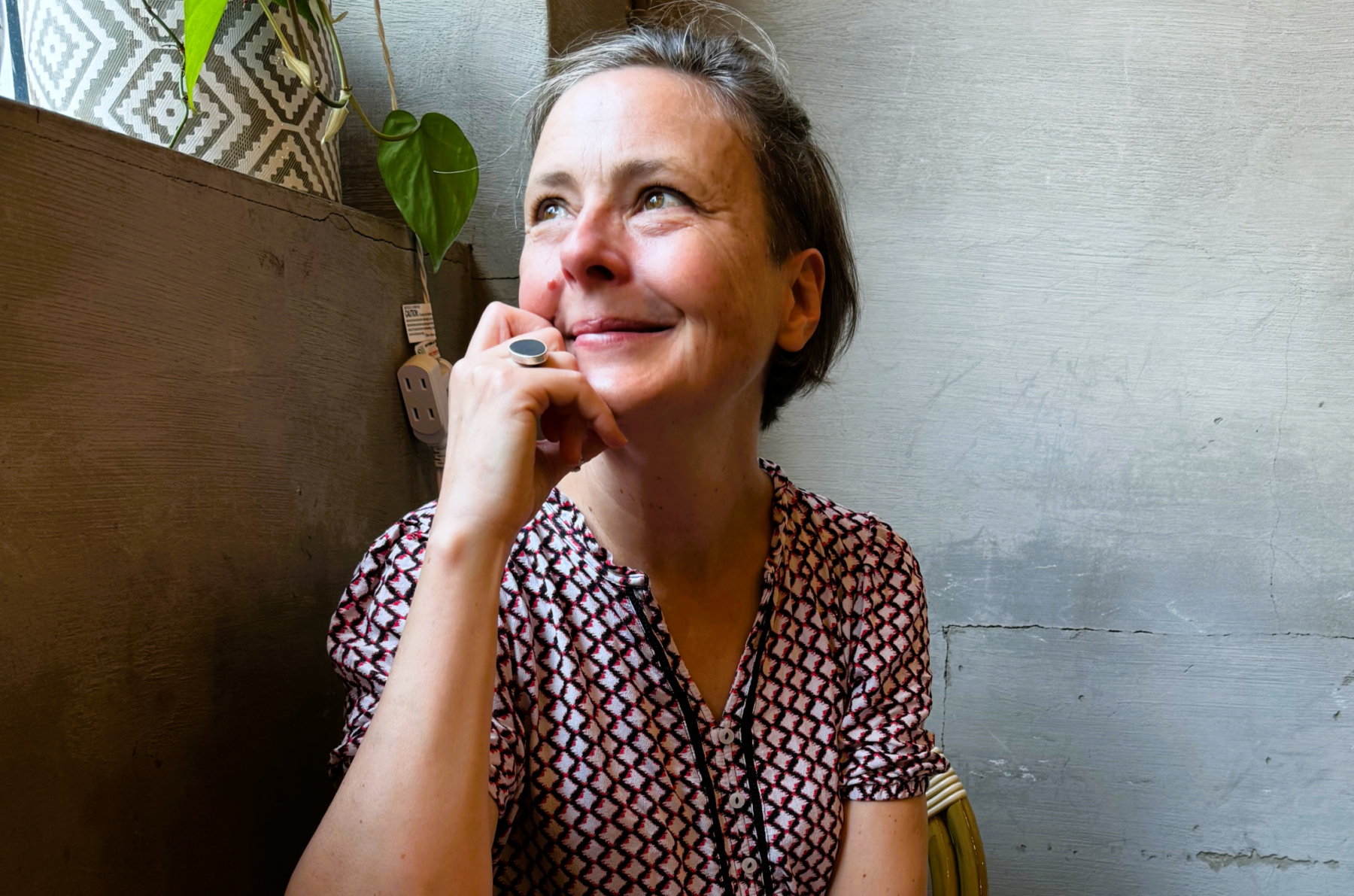Professor Cathrine Degnen was conferred to the Fellowship of the Academy in spring 2025. She holds a personal chair at Newcastle University as Professor of Social and Cultural Anthropology and is the first woman to achieve this accolade at the university.

Professor Cathrine DegnenFAcSS
Cathrine’s research focuses on how people experience and make sense of their social worlds in the context of social transformation, establishing her as a leading voice on issues of ageing, collective memory, identity, and the significance of place in fostering belonging. Her work has been funded by the Economic and Social Research Council (ESRC), the Arts and Humanities Research Council (AHRC), the Medical Research Council (MRC), and the Engineering and Physical Sciences Research Council (EPSRC) on a series of highly interdisciplinary collaborative grants.
Cathrine’s contributions extend beyond academia into international policy and social change. Her current UKRI funded research, in collaboration with Ghanaian scholars, seeks to improve policy delivery for older rural Ghanaian women, who experience ageism and poverty, by addressing gender-based violence and enhancing their economic security. Her desire to make real world impact also includes working with colleagues developing knowledge exchange linkages across Europe between third sector groups to support refugees and asylum seekers.
Cathrine has published two single authored research monographs and three co-edited volumes, with a fourth co-edited collection under contract with Routledge on teaching with virtual and digital ethnography. Cathrine has served as elected Honorary Secretary of her professional association, the Association of Social Anthropologists; is a member of the Editorial Board for Ageing & Society; and is a Member of the Royal Anthropological Institute’s Publications committee.
Why do the social sciences matter?
In a world that feels increasingly polarised both globally and locally – socially, economically, politically – social science is key for better understanding sociocultural complexity. By helping explain the wide range of how humans use culture to make sense of the world, we contribute to better, less adversarial, ways of navigating social difference and diversity.
What inspires you about your work?
I am an anthropologist working in a highly collaborative, interdisciplinary way as both a teacher and a researcher. I love learning with and from others about the world we all share, and find working with my students and my colleagues across disciplinary lines highly inspirational! Communicating common ground, recognising cultural differences, and embracing human cultural variation in all its richness are what drive me in my work.
What is the most important issue for social science to tackle?
Challenging reductionist narratives that seek to oversimplify human complexity and diversity.
What does being a Fellow of the Academy of Social Sciences mean to you?
Being a Fellow of the Academy is an opportunity to celebrate the significance of what we do as social scientists, and to channel the passion and insights our work generates into a broader conversation with wider publics.